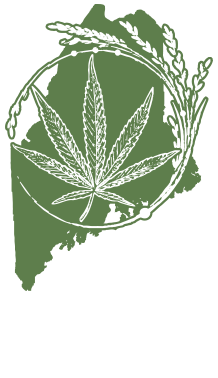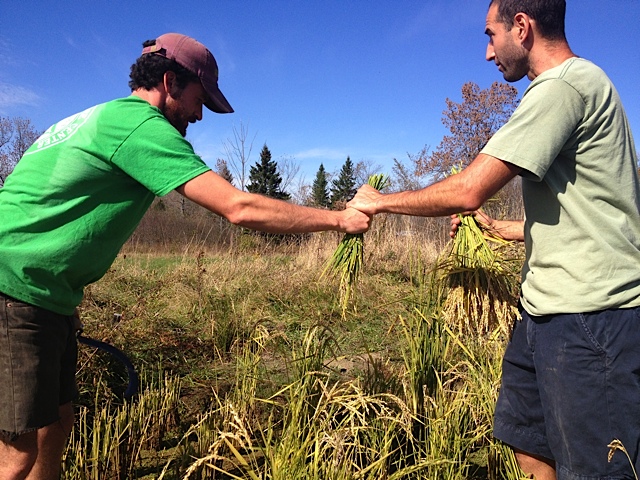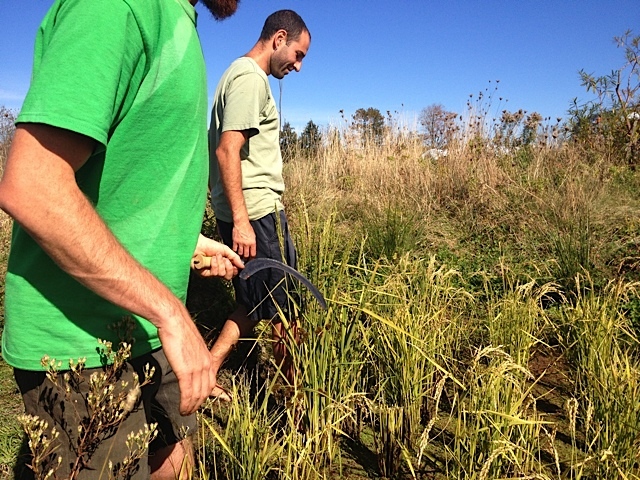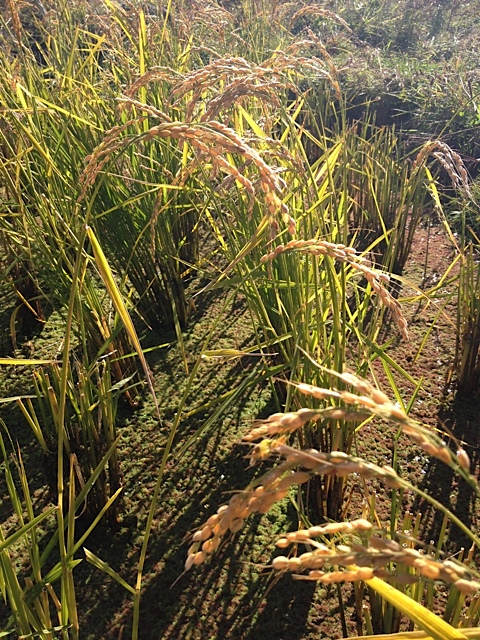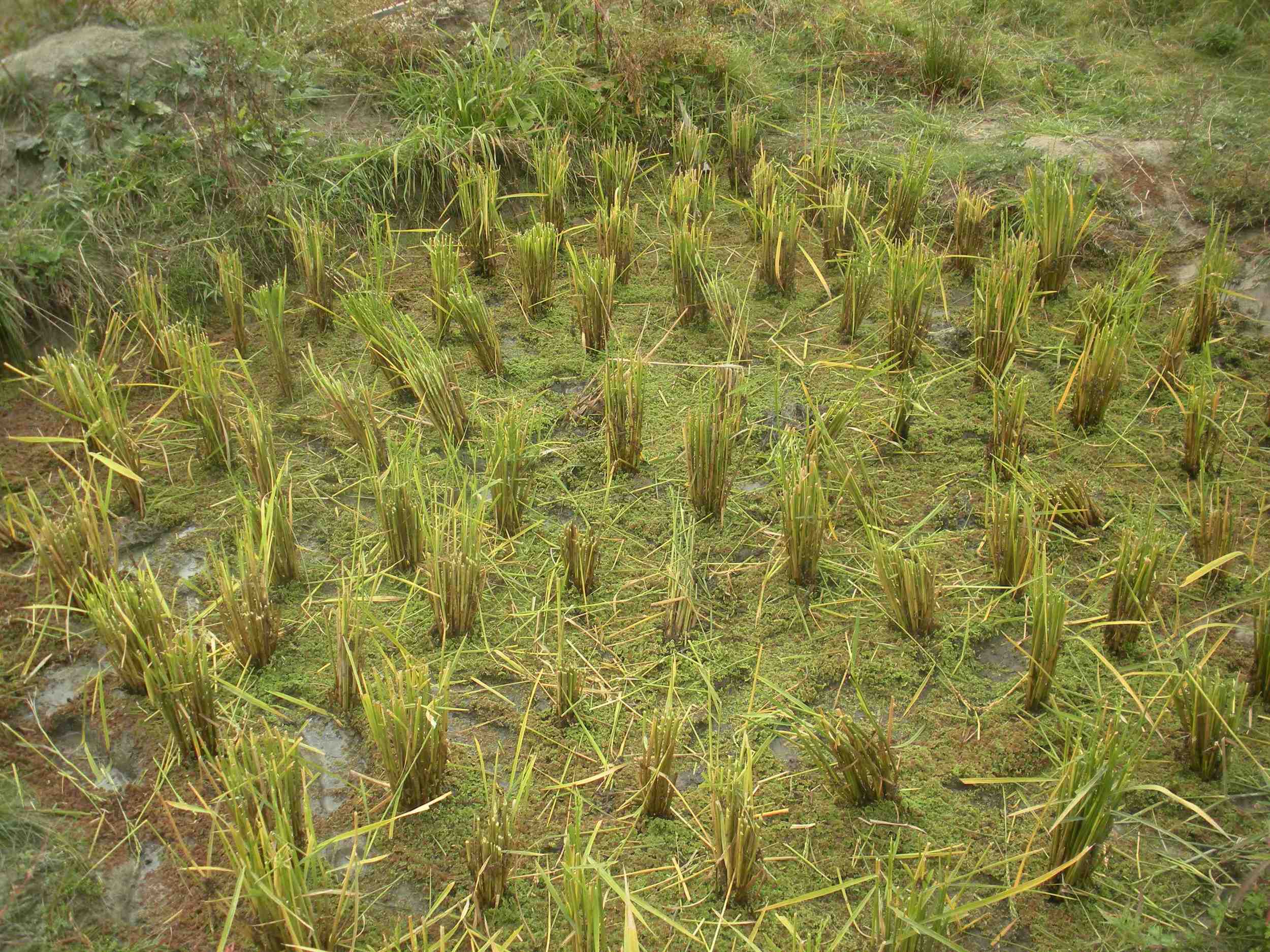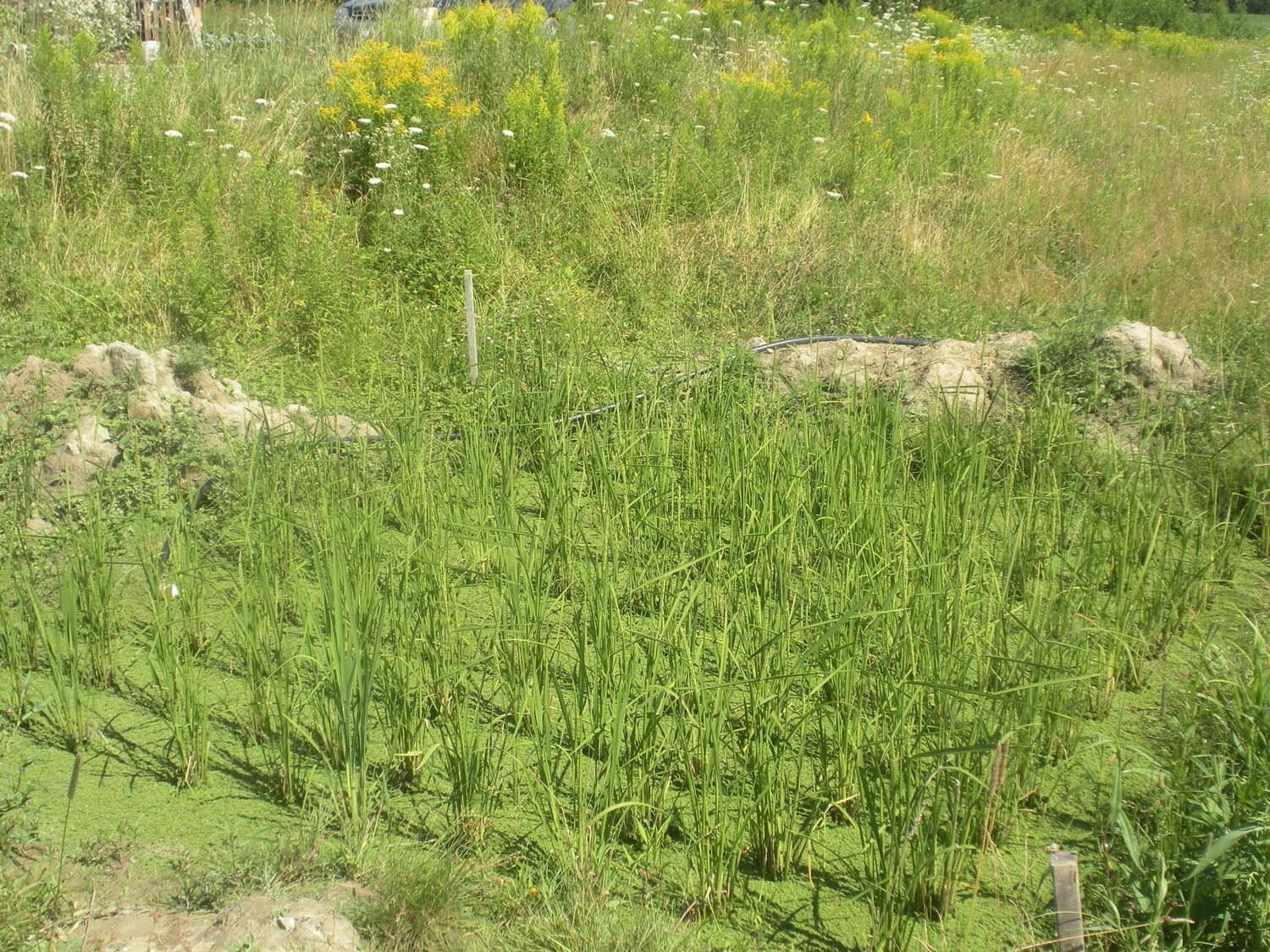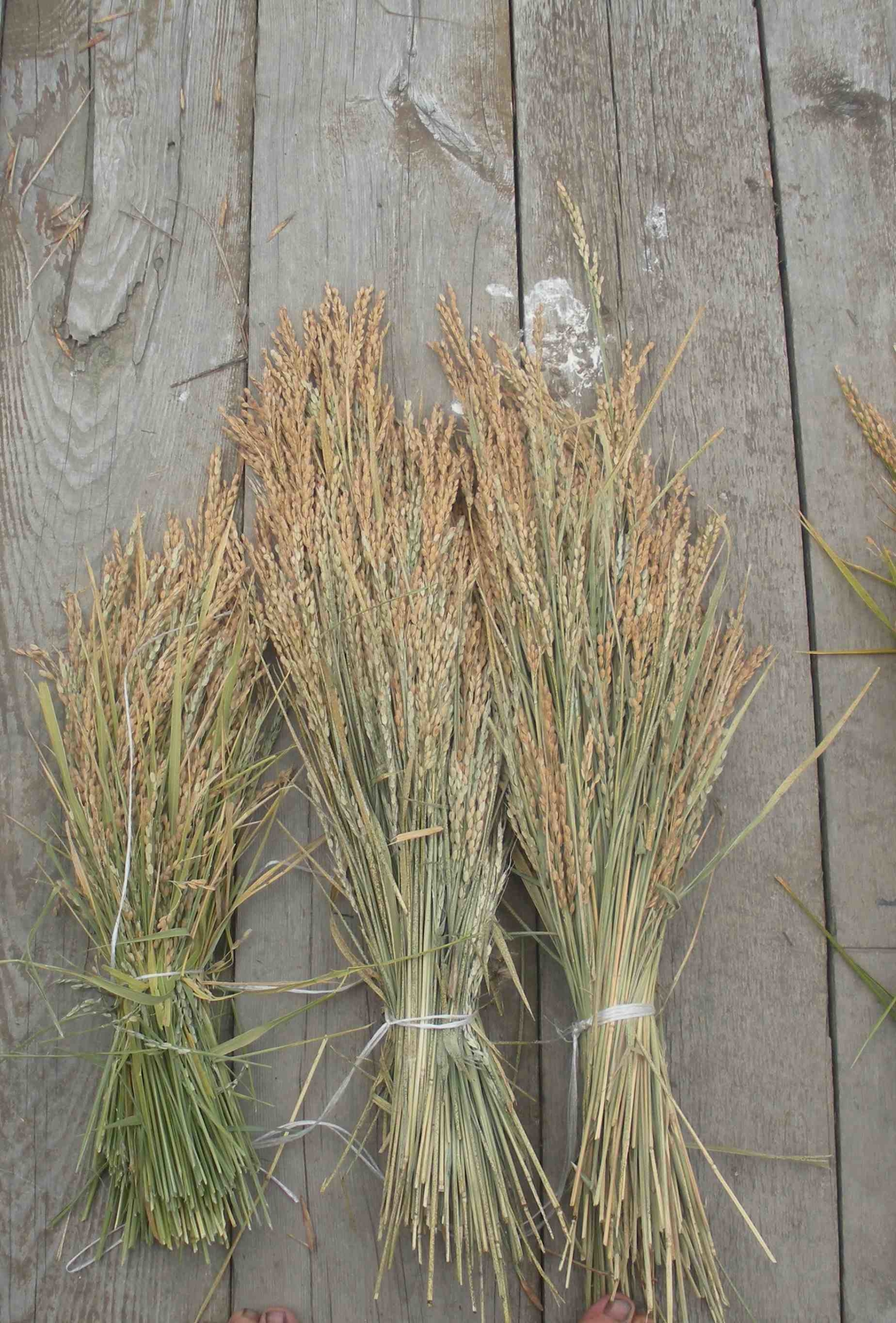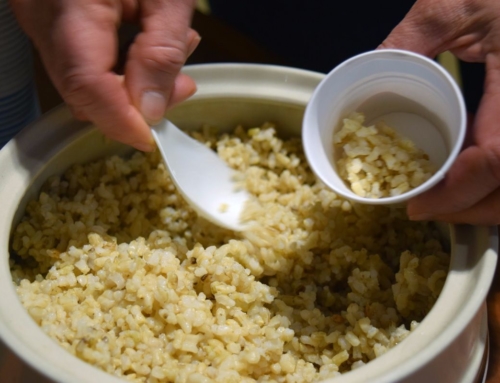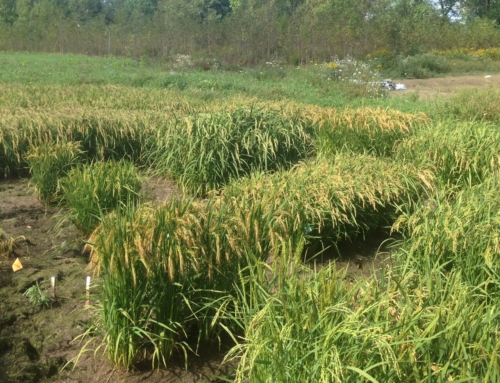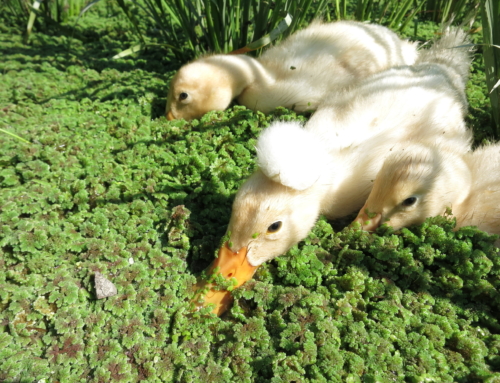We started with five grams of seed in 2012 from the USDA. It was an experiment. Two shovels, two friends, and lot of slip-sliding through wet clay and we had a rice paddy, no larger than a kiddie pool.
Our dreams were big. Interested in grain growing for a while, Wild Folk’s site conditions were not conducive to typical grains in the area. However, the winter prior, a trip to the Philippines, with beautiful paddy ecosystems, and a renowned rice research institution (IRRI) set the groundwork. Digging deeper, the “Power of Duck”, articulated the success and methods of lowland rice polycultures in Japan. They were already getting their feet wet in Vermont. Upon reflections of the high water table, heavy clay soils, and a pond uphill, we decided to start listening to the land.
Today we are developing an educational, research and commercialized rice operation. Our goal – to get as many farmers and folks eating and growing Oryza Sativa in our region. Most domestic rice farms in the United States are monocultures that rely heavily on fossil fuel-driven mechanized cultivation and harvesting processes, and chemical sprays and fertilizers. Our proposed systems are ecologically beneficial and symbiotic, adaptable to otherwise inaccessible farmland (low-lying wet clay soils), void of chemical inputs, and after initial excavation of the paddy areas, non-reliant on fuel-driven tools and machines. Two years of results have already indicated higher yields, reduced input costs, and beautiful cultures. Like a fresh, local, heirloom tomato, our rice varieties are rich in flavor.
Short term Plan
- Finish our three-acre rice paddy system.
- Experiment with different technologies and farming methodologies from around the world in order to develop the best practices for cold-hardy rice cultivation ideally suited to Maine climate and topography.
- Test different varieties, products and markets.
Long Term Plan
- Commercialize our products and create a viable rice economy on our site.
- Educate folks of our methodologies, trials, and wetland ecosystems.
- Consult growers and help create other rice operations.
- Diversify rice operations in the state through new infrastructure.
